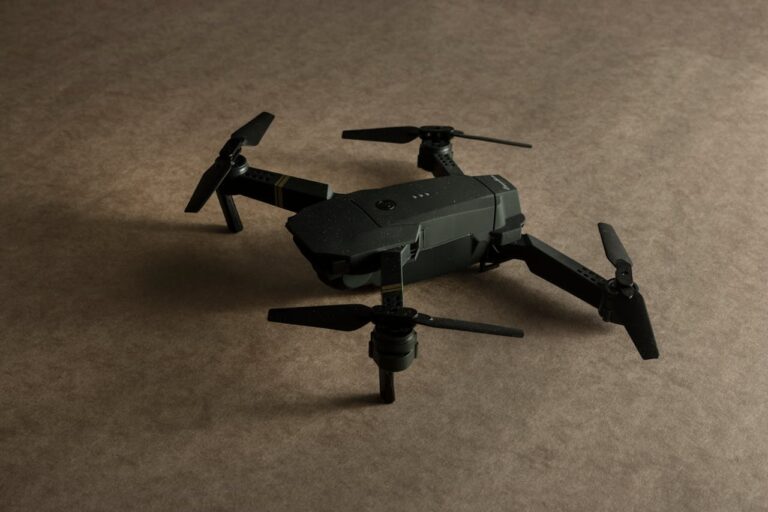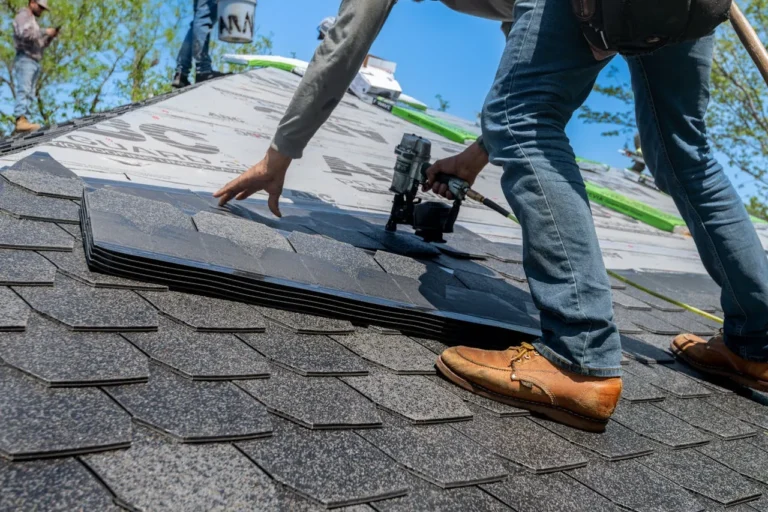
Toyota Launches HEAL Program to Transform Healthcare Access Through Mobility in the Philippines
The Toyota Mobility Foundation (TMF), in partnership with the Toyota Motor Philippines Foundation (TMP Foundation) and the Philippine General Hospital (PGH), has officially launched a transformative initiative aimed at enhancing healthcare accessibility in the Philippines. The initiative, known as the Healthcare Mobility for All (“HEAL”) Program, was formalized through the signing of a Memorandum of Understanding and will be operational from July 2025 to December 2026.
This collaborative effort brings together key stakeholders to address mobility-related challenges faced by both patients and healthcare professionals. In addition to TMF and TMP Foundation, the program enlists the support of Toyota Mobility Solutions Philippines (TMSPH) as the designated mobility partner, with Toyota Motor Philippines Corporation (TMP) as the engagement partner. The Deloitte Future of Mobility Solution Centre plays a crucial role as the development and implementation partner.
Tackling Healthcare Access Through Mobility
In the Philippines, thousands of citizens, especially those in underserved and remote areas, often face long and complicated journeys to access vital healthcare services. Whether it’s patients needing specialist consultations or healthcare workers commuting to hospitals during inconvenient hours, mobility remains a significant barrier to timely and efficient healthcare delivery.
The HEAL Program directly responds to these challenges by introducing two key mobility solutions designed to improve access, reduce travel time, and ensure safety and comfort for both patients and healthcare staff.
1. Bringing Healthcare to Patients: Mobile Clinics
One of the central pillars of the HEAL Program is a mobile clinic initiative designed to bring healthcare services directly to communities with limited access to medical facilities. Under this model, two Toyota Coaster vehicles will be converted into fully operational mobile clinics. These mobile units will be outfitted with essential diagnostic equipment to facilitate early detection and basic treatment for common illnesses.
The mobile clinics will primarily serve patients in the province of Cavite—a region identified as having logistical barriers to reaching PGH in Manila. These clinics will be digitally integrated into PGH’s information systems, enabling online appointment booking and a potential new queueing system to streamline operations. The ultimate goal is to reduce the burden of travel for patients, ensure continuity of care, and improve health outcomes through timely interventions.
2. Supporting Healthcare Professionals: Shuttle Services
In parallel, the HEAL Program seeks to improve the daily commute for healthcare workers at PGH. Many of these professionals work early morning or late night shifts when public transportation is either limited or unsafe. To address this issue, three UV-based Toyota shuttles will be deployed to provide reliable and efficient transport solutions for hospital staff.
These shuttles will operate during off-peak hours and offer a safer, more comfortable alternative to the often strenuous and multi-transfer public commute. Additionally, the shuttle service is expected to cut down on transportation costs for healthcare workers and reduce their exposure to commuting-related safety risks. By enabling ride pooling, the initiative also aligns with Toyota’s broader sustainability objectives by reducing carbon emissions associated with individual vehicle use.
Strategic Significance of the HEAL Program
The HEAL initiative represents a significant milestone in Toyota Mobility Foundation’s broader mission to enhance inclusive and sustainable mobility across Southeast Asia. The Philippines, with its complex urban-rural healthcare dynamics and transportation challenges, provides a compelling testing ground for such a program. PGH, being the largest government referral hospital in the country and a key healthcare provider to people from distant provinces, serves as a fitting anchor institution for this pilot project.
The collaboration with TMP Foundation ensures that HEAL remains rooted in the local community’s needs and is sustainable beyond the pilot phase. By combining Toyota’s mobility expertise with local institutional knowledge and support, the program is well-positioned to deliver practical, community-centered solutions.
A Broader Vision: Scalable and Replicable Solutions
More than just a short-term intervention, the HEAL Program is designed as a scalable and replicable model that can be adopted in other parts of Asia facing similar challenges. Toyota Mobility Foundation envisions that the innovations tested and refined during this pilot phase—such as mobile diagnostic units and strategic shuttle deployments—will demonstrate how targeted mobility solutions can significantly enhance healthcare delivery systems.
HEAL also reflects TMF’s core philosophy of creating social impact through mobility. Since its establishment, TMF has worked globally to develop innovative and sustainable transportation systems that improve lives. With HEAL, that mission takes on new urgency in the healthcare domain, focusing not just on vehicles and routes, but on improving lives through timely care, reduced stress, and equitable access.




